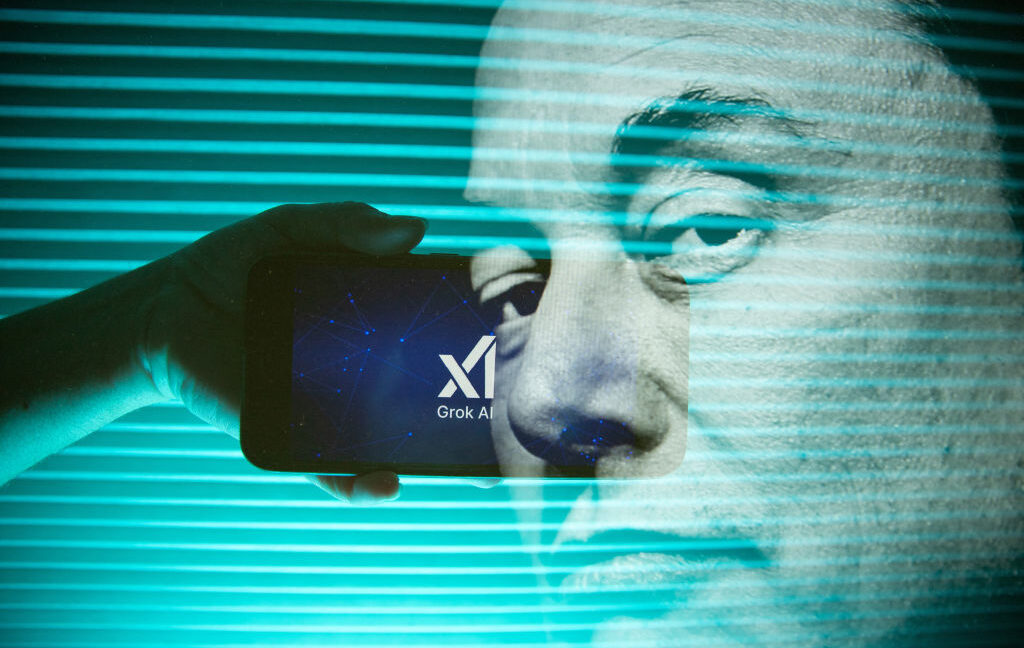And most glaringly, Apple noted that xAI is not a rival or consumer in the smartphone industry, where it alleges competition is being harmed. Apple urged the court to reject Musk’s theory that Apple is incentivized to boost OpenAI to prevent xAI’s ascent in building a “super app” that would render smartphones obsolete. If Musk’s super app dream is even possible, Apple argued, it’s at least a decade off, insisting that as-yet-undeveloped apps should not serve as the basis for blocking Apple’s measured plan to better serve customers with sophisticated chatbot integration.
“Antitrust laws do not require that, and for good reason: imposing such a rule on businesses would slow innovation, reduce quality, and increase costs, all ultimately harming the very consumers the antitrust laws are meant to protect,” Apple argued.
Musk’s weird smartphone market claim, explained
Apple alleged that Musk’s “grievance” can be “reduced to displeasure that Apple has not yet ‘integrated with any other generative AI chatbots’ beyond ChatGPT, such as those created by xAI, Google, and Anthropic.”
In a footnote, the smartphone giant noted that by xAI’s logic, Musk’s social media platform X “may be required to integrate all other chatbots—including ChatGPT—on its own social media platform.”
But antitrust law doesn’t work that way, Apple argued, urging the court to reject xAI’s claims of alleged market harms that “rely on a multi-step chain of speculation on top of speculation.” As Apple summarized, xAI contends that “if Apple never integrated ChatGPT,” xAI could win in both chatbot and smartphone markets, but only if:
1. Consumers would choose to send additional prompts to Grok (rather than other generative AI chatbots).
2. The additional prompts would result in Grok achieving scale and quality it could not otherwise achieve.
3. As a result, the X app would grow in popularity because it is integrated with Grok.
4. X and xAI would therefore be better positioned to build so-called “super apps” in the future, which the complaint defines as “multi-functional” apps that offer “social connectivity and messaging, financial services, e-commerce, and entertainment.”
5. Once developed, consumers might choose to use X’s “super app” for various functions.
6. “Super apps” would replace much of the functionality of smartphones and consumers would care less about the quality of their physical phones and rely instead on these hypothetical “super apps.”
7. Smartphone manufacturers would respond by offering more basic models of smartphones with less functionality.
8. iPhone users would decide to replace their iPhones with more “basic smartphones” with “super apps.”
Apple insisted that nothing in its OpenAI deal prevents Musk from building his super apps, while noting that from integrating Grok into X, Musk understands that integration of a single chatbot is a “major undertaking” that requires “substantial investment.” That “concession” alone “underscores the massive resources Apple would need to devote to integrating every AI chatbot into Apple Intelligence,” while navigating potential user safety risks.

